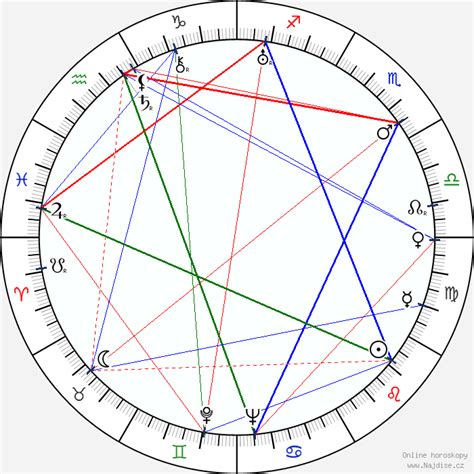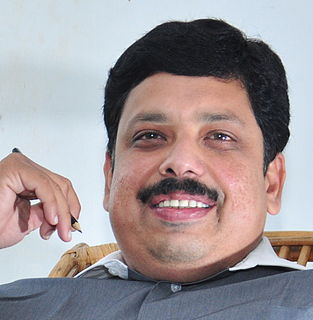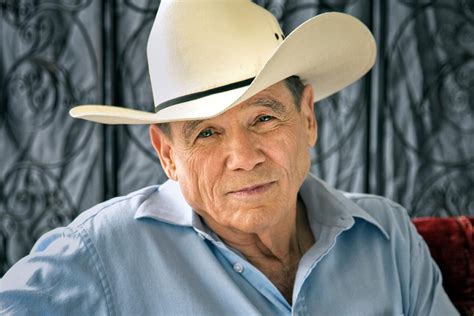A Quote by T. R. Pearson
It's a chore for a fellow to fear for his life more than once in an evening.
Related Quotes
Perhaps down in his heart Okonkwo was not a cruel man. But his whole life was dominated by fear, the fear of failure and of weakness. It was deeper and more intimate that the fear of evil and capricious gods and of magic, the fear of the forest, and of the forces of nature, malevolent, red in tooth and claw. Okonkwo’s fear was greater than these. It was not external but lay deep within himself.
The young man who addresses himself in stern earnest to organizing his life-his habits, his associations, his reading, his study, his work-stands far more chance of rising to a position affording him opportunity to exercise his organizing abilities than the fellow who dawdles along without chart or compass, without plan or purpose, without self-improvement and self-discipline.
He is not famous. It may be that he never will be. It may be that when his life at last comes to an end he will leave no more trace of his sojourn on earth than a stone thrown into a river leaves on the surface of the water. But it may be that the way of life that he has chosen for himself and the peculiar strength and sweetness of his character may have an ever-growing influence over his fellow men so that, long after his death perhaps, it may be realized that there lived in this age a very remarkable creature.
Fear is not an emotion, it is a disease. It spreads from the leader to his followers and vice-versa. Nothing has killed more men in war than fear. What should a warrior fear? Death? But death is what everyone achieves ultimately. Is it wounds that you fear? What is more important? A pint of your blood or the nectar of victory? Think. Thinking will clear such doubts.
The faithful man perceives nothing less than opportunity in difficulties. Flowing through his spine, faith and courage work together: Such a man does not fear losing his life, thus he will risk losing it at times in order to empower it. By this he actually values his life more than the man who fears losing his life. It is much like leaping from a window in order to avoid a fire yet in that most crucial moment knowing that God will appear to catch you.
How you make it in this world, for the most part, depends more on what you do as opposed to whether people like or dislike you. In order to produce a successful life, one must find ways to please his fellow man. That is, find out what goods and services his fellow man values, and is willing to pay for, and then acquire the necessary skills and education to provide it.
Hackberry Holland's greatest fear was his fellow man's propensity to act collectively, in militaristic lockstep, under the banner of God and country. Mobs did not rush across town to do good deeds, and in Hackberry's view, there was no more odious taint on any social or political endeavor than universal approval.






































